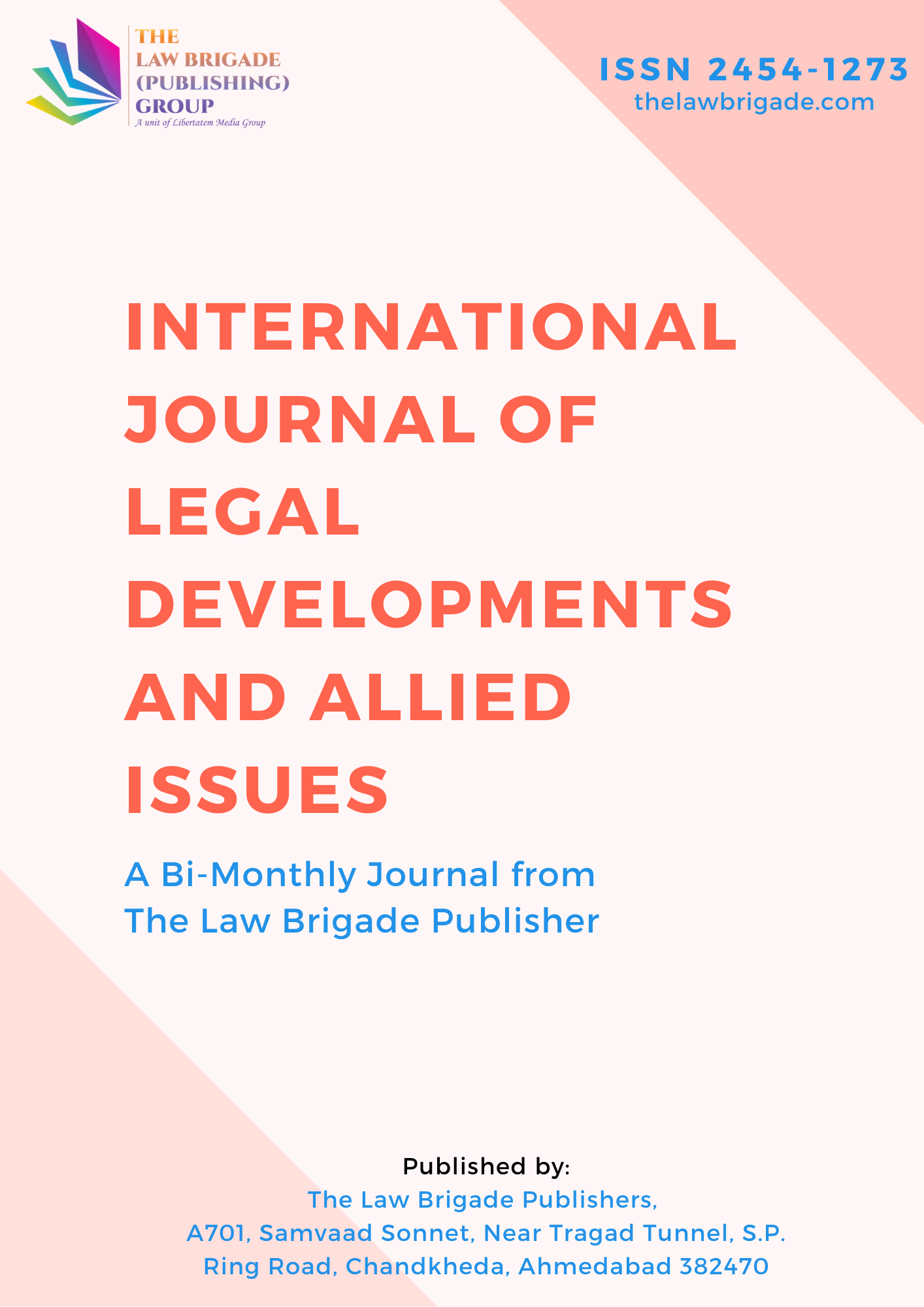Our globe struggles and experiences have led to significant effect on some ecologies and biospheres as a result of the changes in society’s lifestyle, the growth of urbanization, due to excessive consumption, and human waste. We are aware of how crucial the ocean is to the functioning of the planet and life on Earth. For example, the ocean regulates global weather patterns, cycles carbon (acting as a biological carbon pump) and sequesters it (acting as a carbon sink), and contributes nearly half of the planet’s annual primary production. Human society depends on the commodities and services provided by marine ecosystems, yet ongoing population expansion and increased per capita consumption have a number of possible negative effects, including overfishing to satisfy demand and human-accelerated climate change.
Our oceans cannot sustain the level of fishing we are doing given the increased demand for seafood and the steadily growing global population. The world needs to pay attention to the problem of overfishing and the lethal bycatch of marine animals in some fisheries today. Although there have been many talks between overfishing and the loss of biological diversity, many people also perceive the decline in biodiversity as a sign of an impending crisis. The worldwide fisheries disaster, however, is very pertinent to the issue of biological variation. The factors of overfishing and its environmental risks are explained in length in this paper, with a particular emphasis on the countries that have engaged in the practice for a very long time.Three species, potentially the very first global marine fish extinctions brought on by overfishing, are Critically Endangered (Potentially Extinct). This article has also been able to examine the existing International frameworks to address this issue and has produced useful policy recommendations. Our results suggest that fisheries and conservation specialists will typically agree on the condition of exhausted marine fishes, having left only the issue of the appropriate management actions to be done for species of shared concern.





